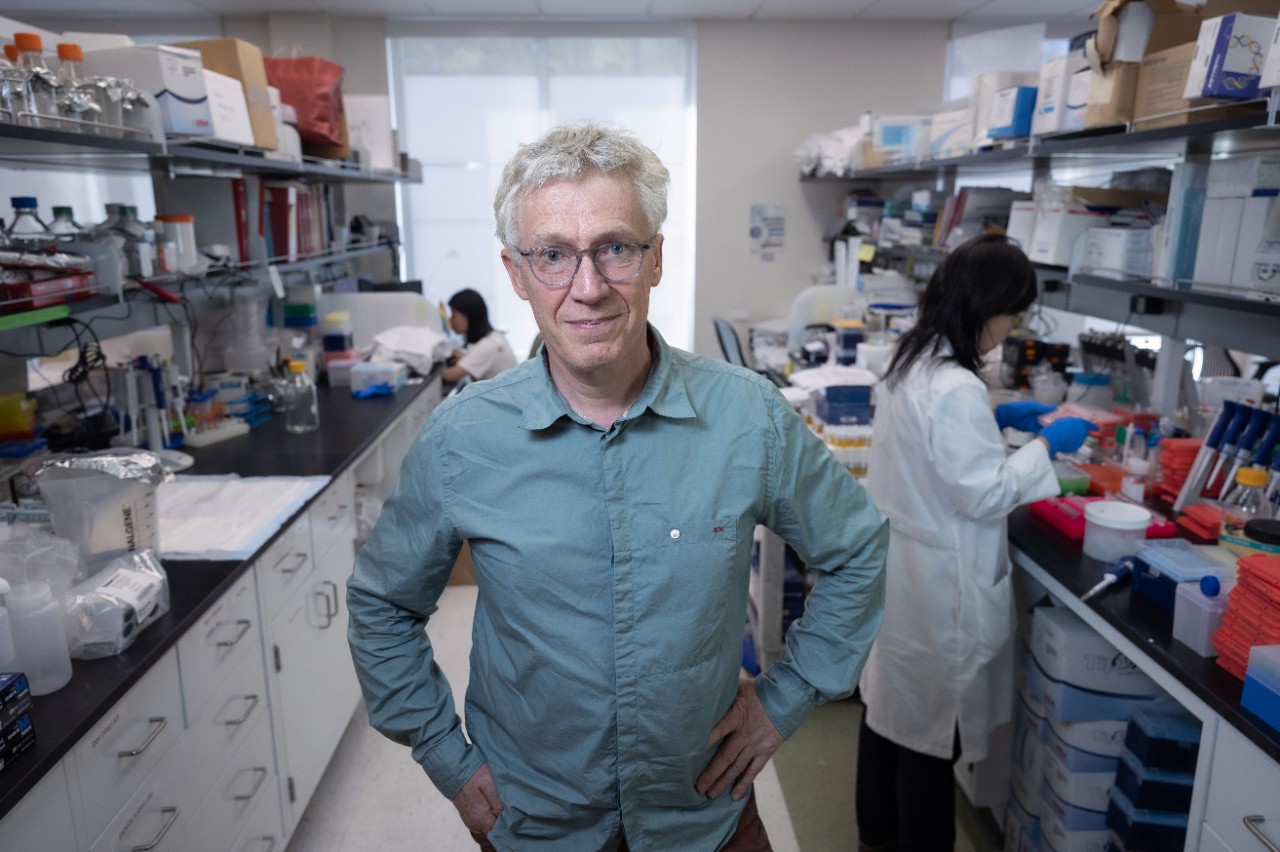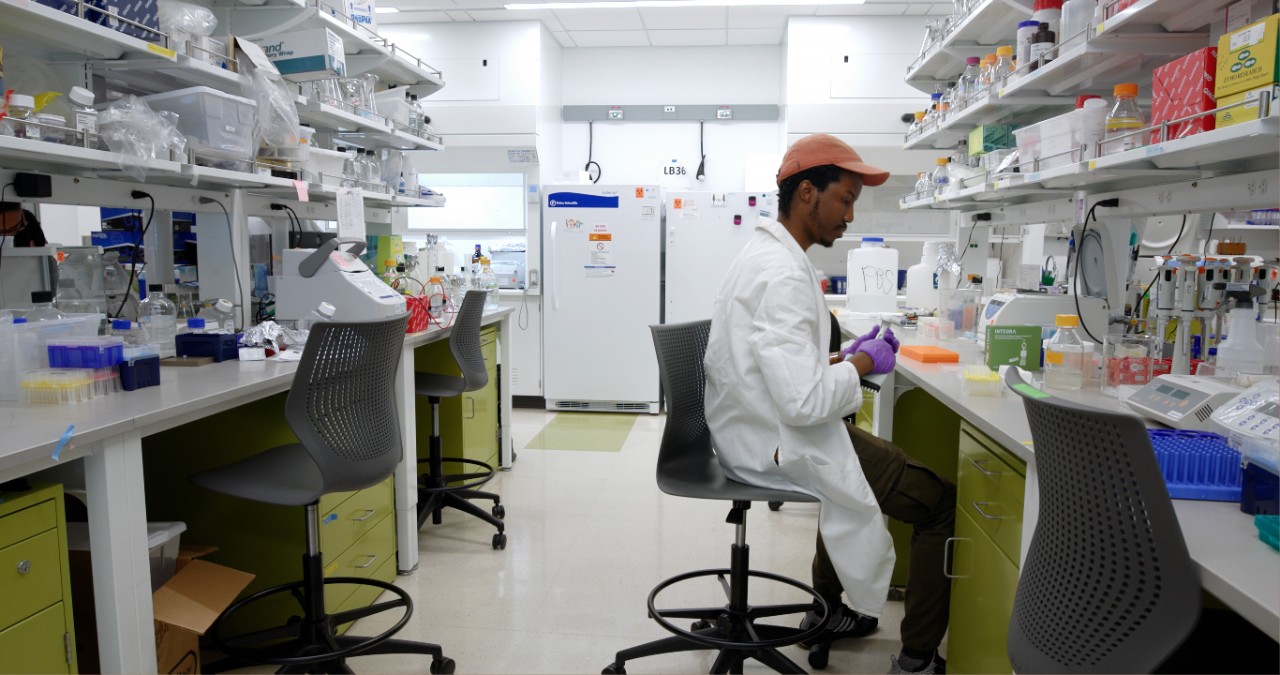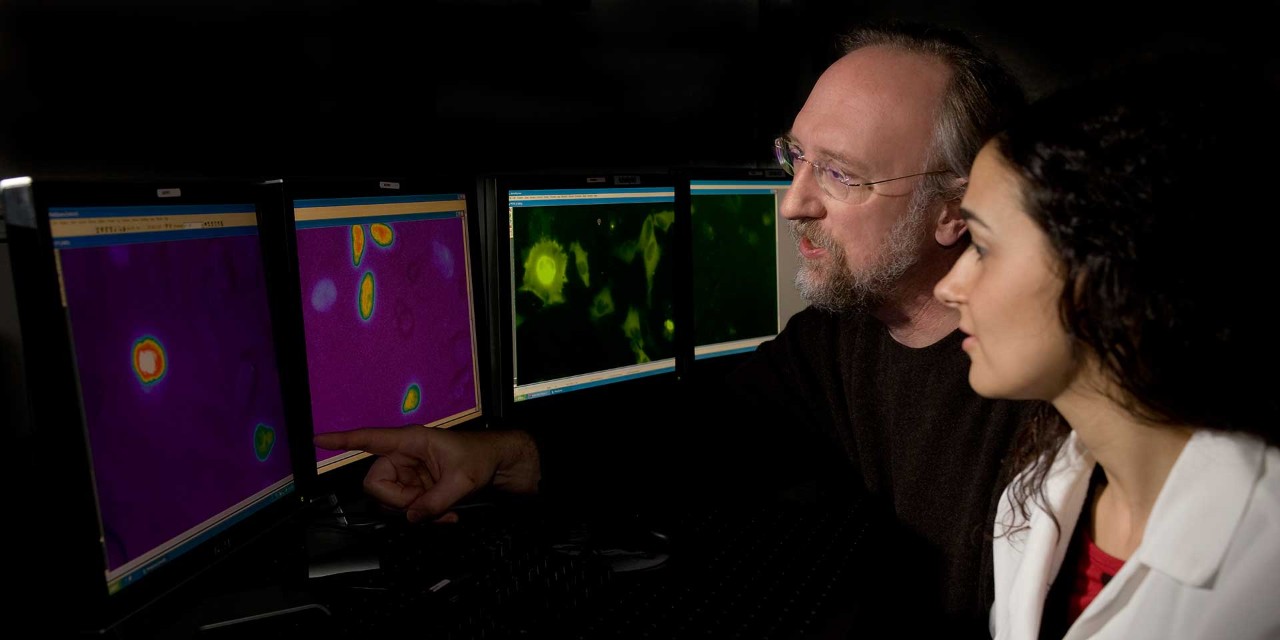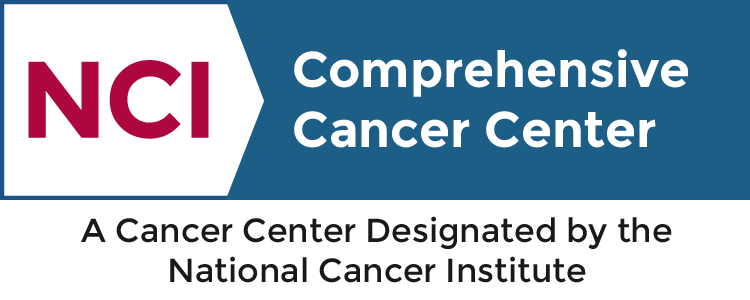©2024 Stanford Medicine
Research
Excellence in Scientific Discovery
The Institute's comprehensive investigations extend from the earliest phase of basic discovery to the development of new cancer diagnostics, treatment protocols and prevention strategies
Key Initiatives
In addition to the six research programs identified in our Cancer Center Support Grant, the Stanford Cancer Institute supports a number of key initiatives designed to foster discovery, application and translation of scientific knowledge. Inter-disciplinary teams of collaborative investigators partner to solve some of the most challenging questions in cancer research. Some of our key initiatives include:








